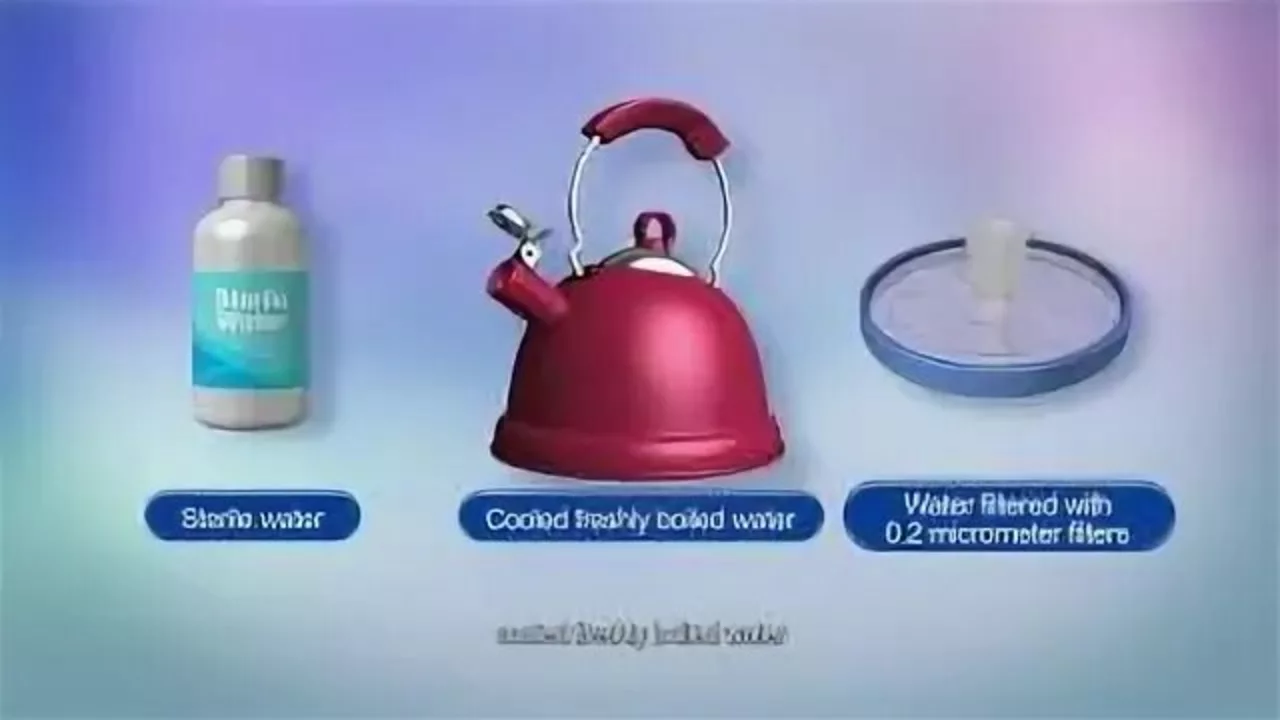Swimming Pools – Your Quick Health Guide
If you love a dip after work or on weekends, you’ve probably noticed that pool time can feel like a mini‑vacation. But the fun can turn into discomfort if you’re not aware of common health hiccups that come with chlorine, hot tubs, and shared water. This guide gives you practical steps to stay comfortable, avoid infections, and know which over‑the‑counter meds actually help.
Common Pool‑Related Health Issues
Most swimmers experience skin dryness or red eyes after a few laps. That’s chlorine doing its job – it kills germs but also strips natural oils. If you notice itchy skin, try rinsing with fresh water before and after your swim and apply a fragrance‑free moisturizer within 10 minutes of getting out.
Ear infections, known as swimmer’s ear, happen when water gets trapped in the canal and bacteria grow. A simple preventive tip is to tilt your head to each side after swimming and gently pull on your earlobe to let any water drain out.
Gastrointestinal bugs can spread if the pool’s filtration isn’t up to par. Symptoms like cramping or nausea usually appear within 24‑48 hours. If you feel sick, stay hydrated, rest, and consider a brief course of an over‑the‑counter anti‑diarrheal if symptoms are mild.
Medications & Remedies for Swimmers
For itchy or red skin caused by chlorine, hydrocortisone cream (1%) works well on small patches. Apply a thin layer after drying off – don’t use more than three days in a row without checking with a pharmacist.
If you get swimmer’s ear, an OTC drops formula containing isopropyl alcohol and glycerin can dry out the canal and reduce pain. Use two to three drops in each ear after swimming, but avoid if you have a perforated eardrum.
Allergies to pool chemicals are rarer but real. Antihistamines like loratadine (Claritin) can calm sneezing or watery eyes without making you drowsy. Take the tablet about an hour before you plan to swim for best effect.
When you’re dealing with a minor infection, keep a basic first‑aid kit at home: pain reliever (acetaminophen or ibuprofen), antibiotic ointment for small cuts, and a reusable water‑proof bandage. This kit helps you treat scratches from pool tiles before they get infected.
Always read the label on any medication you pick up – especially if it says “do not use with alcohol” because many swimmers enjoy a beer after a long session. Mixing can increase side effects like dizziness.
If symptoms linger more than a few days, schedule a quick chat with your pharmacist or doctor. They can check for deeper infections that need prescription antibiotics or point you to a specialist if needed.
Bottom line: enjoy the water, but protect your body with simple steps – rinse, moisturize, keep ears dry, and have a few trusted meds on hand. With these habits, every swim stays refreshing, not risky.

The Connection Between Legionnaire's Disease and Swimming Pools
- Jun, 18 2023
- 8
As a blogger, I recently looked into the connection between Legionnaire's Disease and swimming pools. I discovered that this potentially life-threatening respiratory illness is caused by the Legionella bacteria, which can be found in warm water systems like hot tubs and swimming pools. While the risk of contracting this disease from a properly maintained pool is low, it's crucial for pool operators to maintain strict hygiene and water treatment practices. I also learned that people with weakened immune systems, the elderly, and heavy smokers are more susceptible to Legionnaire's Disease. In conclusion, it's essential to be aware of the risks and ensure proper pool maintenance to prevent the spread of Legionella bacteria.
Categories
- Health and Medicine (65)
- Health and Wellness (57)
- Medicine (37)
- Women's Health (11)
- Mental Health (10)
- Men's Health (7)
- Beauty and Wellness (4)
- Health Information (4)
Archives
- March 2026 (1)
- February 2026 (11)
- January 2026 (25)
- December 2025 (28)
- November 2025 (25)
- October 2025 (27)
- September 2025 (14)
- August 2025 (3)
- July 2025 (2)
- June 2025 (2)
- May 2025 (3)
- April 2025 (4)
- online pharmacy
- medication safety
- dietary supplement
- health benefits
- dietary supplements
- generic drugs
- prevention
- fertility
- online pharmacy Australia
- side effects
- QT prolongation
- medication side effects
- diabetes medications
- GLP-1 agonists
- nocebo effect
- brand vs generic
- treatment
- treatment options
- benefits
- connection
